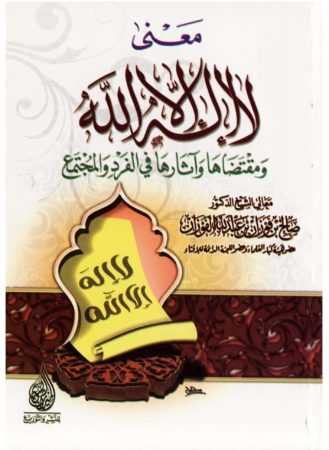The
following is one of Imaam Sufyaan’s letters:
My
brother, use the time you have between dawn and sunrise to contemplate the
previous day: Remain steadfast on the good deeds you performed the previous
day, and abandon anything you did out of disobedience to Allaah (سُبحانه وتعالى). Do not repeat the
same mistakes, for you do not know whether or not you will live for the rest of
your day! As long as you are alive, the option of repentance is available to
you, but refraining from sinning is easier for you than trying to perform a
sincere repentance. A sincere repentance involves regret and a firm resolve
never to repeat the same sin again.
Wherever
you are, fear Allaah. If you perpetrated a sin in secret, then repent to Allaah
in secret. And if you perpetrated a sin out in the open, then repent to Allaah
out in the open. Do not let one sin lead to another (so that they pile up onto
one another). Cry frequently and as much as you are able to, and do not laugh
(frequently), for you were not created without purpose. Join ties with and be
kind to your family, your relatives, your neighbors, and your brothers.
When
you intend to show mercy, show mercy to the poor, to orphans, and to the weak.
If you intend to give charity…or to perform a good deed, then do it right away,
before the Shaytaan (Devil) positions himself between you and the execution of
what you intended to do. Act always on a good intention: eat with a good
intention and drink with a good intention.





